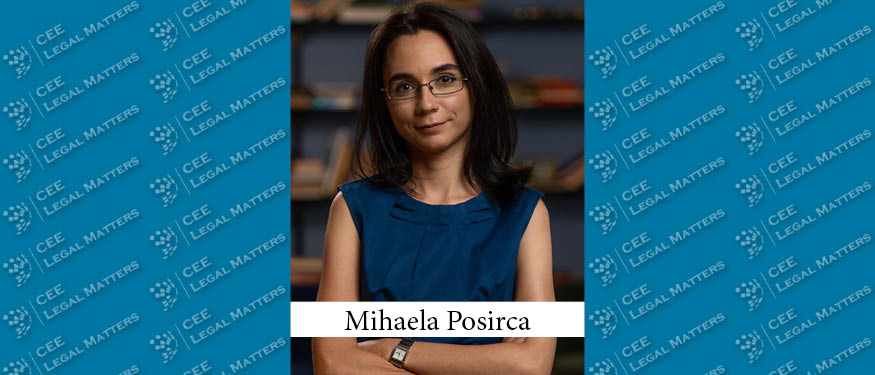The last two months have been marked by political uncertainty, according to Act Legal Romania Partner Mihaela Posirca. While challenges like a new tax on construction emerge, positive developments in deals and regulatory clarity provide a balanced outlook for the year ahead.
“The past two months have been quite eventful,” Posirca notes. “One of the most significant developments in our lives lately has been the growing impact of political events on legal developments – more so than usual. We started December with the turmoil surrounding the presidential elections. The first round of elections was annulled by the Constitutional Court, which ordered the entire process to restart and be completed in 2025. This has left everyone wondering what direction the country will take in May– whether it will lean more toward the East or the West.” She adds that “this has raised quite a few concerns about the future. Clients, especially foreign investors are understandably worried about their investments.”
Posirca reports that January has seen “the launch of a lot of new deals, with the continuation of the ongoing ones, which is a good sign.” However, she says, “there’s been a mix of good and bad news from the legislative side. Recently, the Romanian government introduced a special tax on construction in December, which came into effect on January 1, 2025, and negatively impacts renewables in particular. We’re still waiting for more details, as the Ministry of Finance is expected to adopt the norms in March.” On the brighter side, she notes, “the government did adopt norms in December regarding the dual use of grasslands – something that had been in the works for about two years. This allows grasslands to be used both for animal grazing and renewable energy sources, which is a positive step.”
According to Posirca, ESG has also been a major focus. “The number of companies required to engage in ESG reporting has significantly increased recently,” she notes. “The threshold in Romania is quite low compared to other countries, meaning even medium-sized companies – defined as those with over 50 employees and exceeding certain financial thresholds in assets or turnover – are required to report.” Posirca adds that “there have also been some interesting developments regarding ESG at the EU level, as the European Commission is working on introducing a simplification package aimed at making ESG reporting less burdensome. “Personally, I think this could be an advantage because it might encourage companies in Romania to focus more on the substance of ESG rather than just ticking boxes,” she emphasizes.
One particular area of interest is FDI screening in Romania, Posirca points out. “Despite its name, the screening process doesn’t just apply to foreign investors but also Romanian investors,” she says. “The scope is quite broad, and it’s something all investors – whether local or foreign – need to factor into their plans from the very beginning. The process involves notifying Romanian authorities of any transactions over EUR 2 million in sensitive fields. This reflects how seriously Romania takes national security, even when the investor is Romanian.” Posirca adds that “there was some uncertainty about whether Romanian investors were included in this screening process. In December, the government clarified this, confirming the general interpretation that had already been in practice. This provides some much-needed clarity for investors moving forward.”




